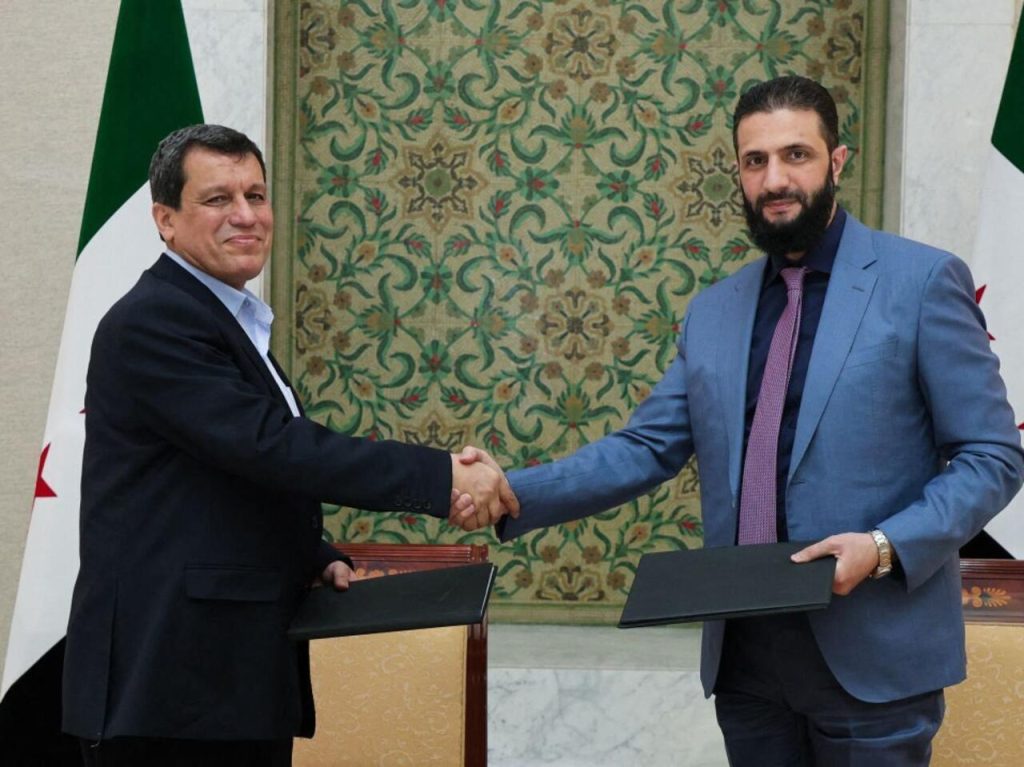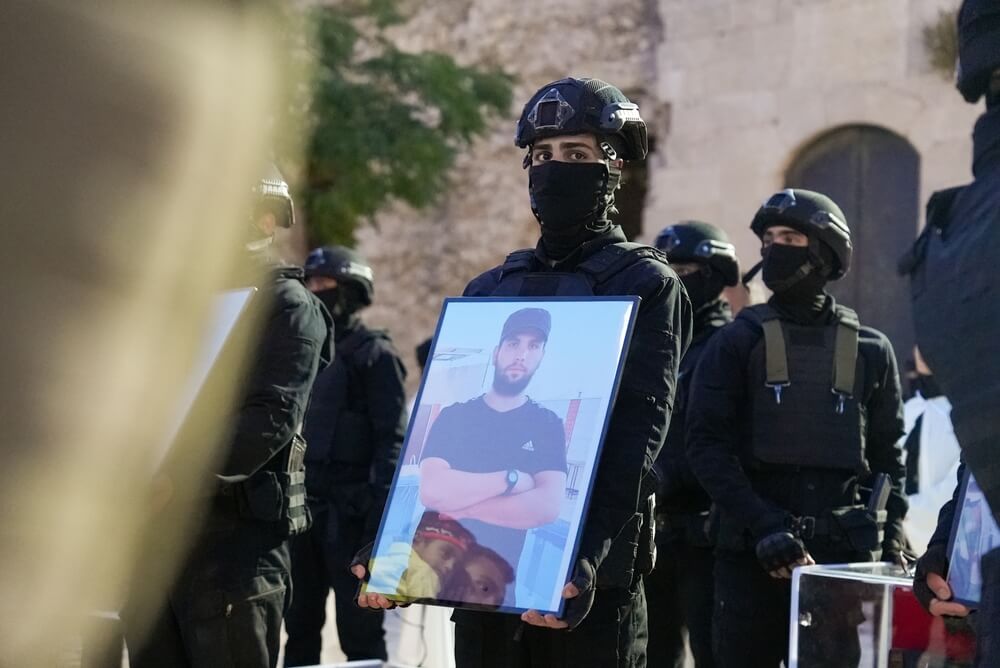After weeks of deadly clashes in Aleppo, Syria and Kurdish forces have finally called a truce.
But will this ceasefire hold—or is it just another pause in a long, exhausting fight?
The announcement came after Syrian President Ahmed al-Sharaa met Kurdish commander Mazloum Abdi in Damascus.
It was a rare face-to-face that followed mounting bloodshed in the city’s Kurdish-majority neighborhoods.
“We agreed on a comprehensive ceasefire on all fronts,” declared Defence Minister Murhaf Abu Qasra, promising immediate implementation.
For many Syrians, the deal feels like déjà vu.
Kurds Push Autonomy As Talks Stall
The Kurdish administration has controlled large stretches of the north since the civil war.
It has long demanded autonomy—a word that still makes Damascus uneasy.
A March 10 plan to fold Kurdish institutions into the state stalled over those same differences.
The U.S., ever watchful, sent envoy Tom Barrack and Admiral Brad Cooper to the talks.
Abdi said discussions focused on political integration and keeping the fight against ISIS alive.

Yet in Aleppo, fear still hangs thick. “We are afraid,” said 67-year-old Sinan Rajab Basha.
“We decided this morning to leave our home as families fled the shelled districts.”
A fragile calm may return—for now. But in Syria’s endlessly shifting war, even peace comes with an expiration date.





